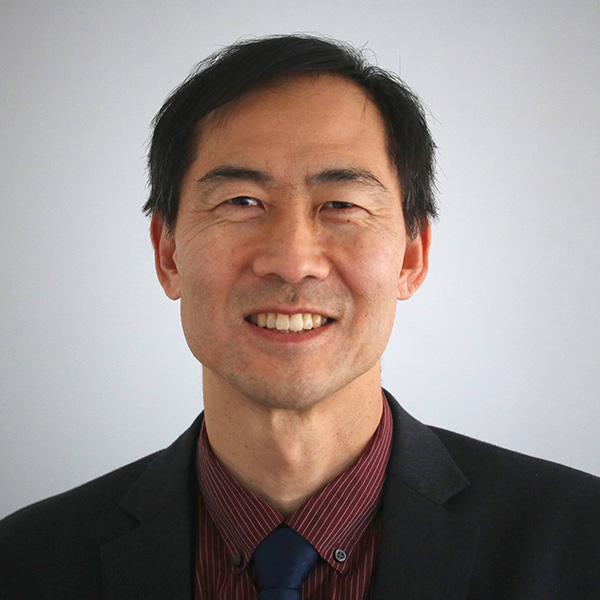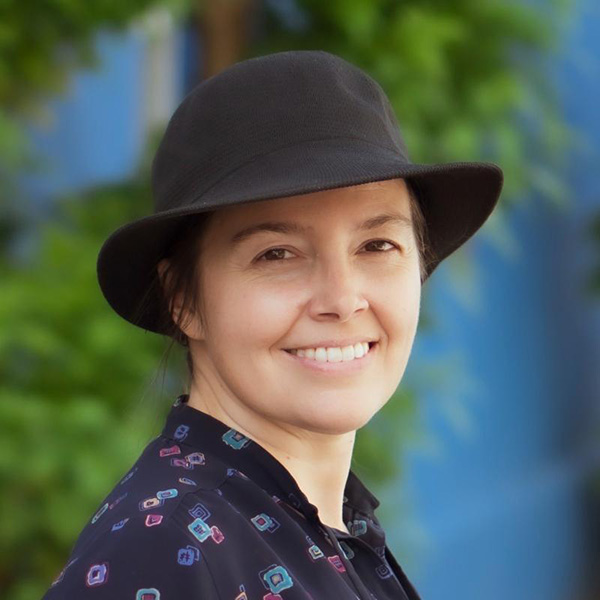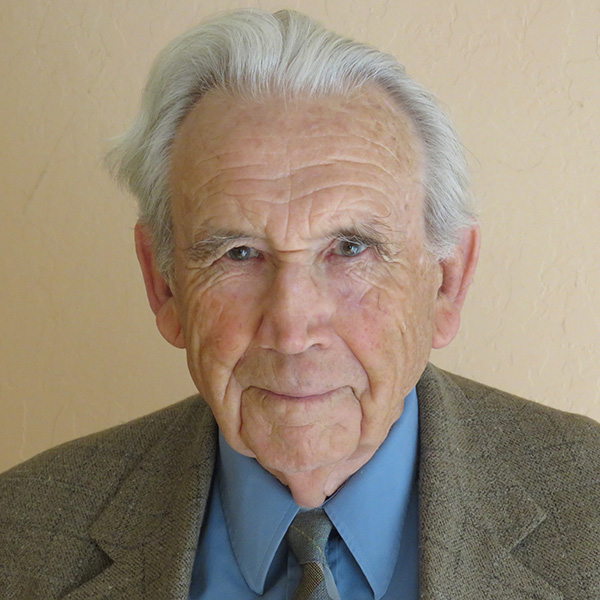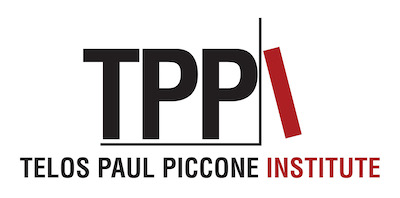 The fourth webinar in the Telos-Paul Piccone Institute’s yearlong series reckoning with the response to October 7 will take place on Sunday, April 7, 2024, at noon Eastern Time.
The fourth webinar in the Telos-Paul Piccone Institute’s yearlong series reckoning with the response to October 7 will take place on Sunday, April 7, 2024, at noon Eastern Time.
Click here to register for the event.
All subsequent panels are likewise scheduled for noon Eastern Time on the seventh day of each month. Panels will run between 90 to 120 minutes, followed by a colloquy among the panelists and audience Q&A.
Our fourth webinar is titled “How to Teach in a (Culture) War: October 7, Antisemitism, and the Academy.” Our panelists are David Tse-Chien Pan, who will speak on “Diversity in Higher Education,” and Olga Kirschbaum-Shirazki, who will speak on “History and Theory, the Necessity of the Dialectic: The Case of Modern Jewish History.” Our respondent is John M. Ellis.
How to Register
Registration for each panel via Eventbrite is required. Register for the upcoming panel here. All future Telos-Paul Piccone webinars will be managed through the Eventbrite portal.
After registering, you will be given an option to retrieve your tickets to the event. You will also receive a reminder via email both two days and thirty minutes before the webinar.
This event is free for participants, but as an independent, non-profit organization, the Telos-Paul Piccone Institute relies on your generosity. To donate to our efforts, click here. Donations are tax deductible in the United States.
For more information about the Telos-Paul Piccone Institute’s Israel Initiative, click here.
Participant Biographies
Panelists
 David Tse-Chien Pan is the Editor of Telos and Professor of German at the University of California-Irvine. He received his Ph.D. in 1995 from Columbia University and has taught at Washington University (St. Louis), Stanford University, and Penn State University. He is the author of Primitive Renaissance: Rethinking German Expressionism (University of Nebraska Press, 2001) and Sacrifice in the Modern World: On the Particularity and Generality of Nazi Myth (Northwestern University Press, 2012).
David Tse-Chien Pan is the Editor of Telos and Professor of German at the University of California-Irvine. He received his Ph.D. in 1995 from Columbia University and has taught at Washington University (St. Louis), Stanford University, and Penn State University. He is the author of Primitive Renaissance: Rethinking German Expressionism (University of Nebraska Press, 2001) and Sacrifice in the Modern World: On the Particularity and Generality of Nazi Myth (Northwestern University Press, 2012).
 Olga Kirschbaum-Shirazki is an historian of Modern Europe by training, co-founder and editor of Tel Aviv Review of Books, a fellow at the Tel Aviv Institute, and Jewish educator in the fields of Jewish and world history, and interethnic and interreligious relations. Fluent in French, German, and Spanish, as well as Hebrew, she has translated academic works from French to English and brought together scholars and perspectives from these different cultural realms—including diaspora communities within them—in her work as an editor and educator. She has also contributed as a researcher and consultant to the work of a number of NGOs dedicated to intergroup and interreligious encounters. She is currently finishing a book on universal law in the Jewish tradition as an alternative to human rights.
Olga Kirschbaum-Shirazki is an historian of Modern Europe by training, co-founder and editor of Tel Aviv Review of Books, a fellow at the Tel Aviv Institute, and Jewish educator in the fields of Jewish and world history, and interethnic and interreligious relations. Fluent in French, German, and Spanish, as well as Hebrew, she has translated academic works from French to English and brought together scholars and perspectives from these different cultural realms—including diaspora communities within them—in her work as an editor and educator. She has also contributed as a researcher and consultant to the work of a number of NGOs dedicated to intergroup and interreligious encounters. She is currently finishing a book on universal law in the Jewish tradition as an alternative to human rights.
Respondent
 John M. Ellis is a distinguished professor emeritus at the University of California, Santa Cruz, chair of the California Association of Scholars, and the author of eleven books, the most recent of which is The Breakdown of Higher Education: How It Happened, the Damage It Does, and What Can Be Done. His other books about the reform of academia include Against Deconstruction (1989) and Literature Lost: Social Agendas and the Corruption of the Humanities (1997).
John M. Ellis is a distinguished professor emeritus at the University of California, Santa Cruz, chair of the California Association of Scholars, and the author of eleven books, the most recent of which is The Breakdown of Higher Education: How It Happened, the Damage It Does, and What Can Be Done. His other books about the reform of academia include Against Deconstruction (1989) and Literature Lost: Social Agendas and the Corruption of the Humanities (1997).
Moderator and Host
Our panel’s moderator is Gabriel Noah Brahm (aka Gabi Abramovich). Brahm is Director of the Telos-Paul Piccone Institute’s Israel Initiative, Professor of English and World Literature at Northern Michigan University, and Visiting Researcher in Political Science at Tel Aviv University. A frequent contributor to The American Mind, Fathom, Perspectives on Political Science, Society, and Telos, he is co-editor, with Cary Nelson, of The Case Against Academic Boycotts of Israel (2014). He received his B.A. from UCLA and his Ph.D. from the University of California, Santa Cruz. Follow him on X (formerly Twitter) @Brahmski.




